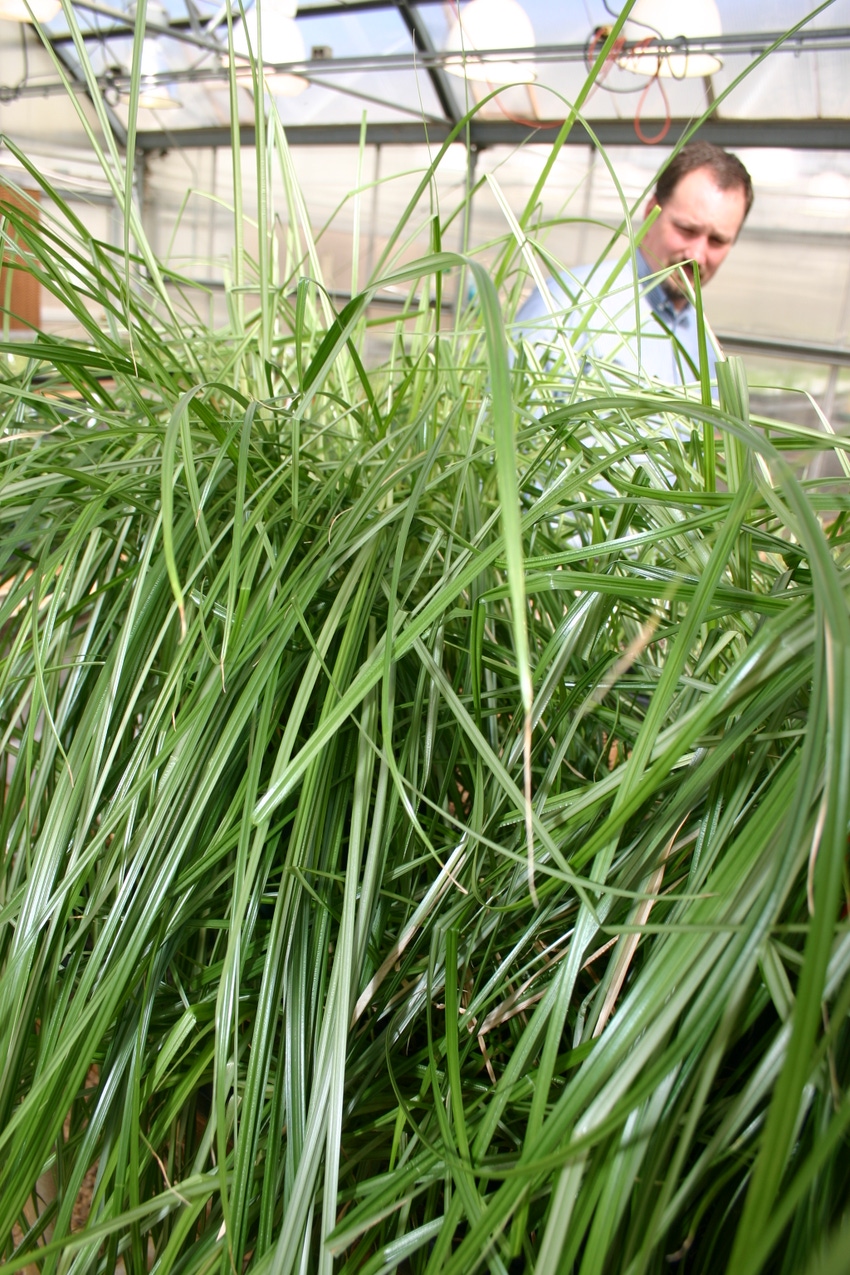
Next Monday (March 9) the Roy J. Smith Barnyardgrass Workshop will be held at the Grand Prairie Center in Stuttgart, Ark.
The reasons for the seminar are many.
“What’s really driving concern is the current lack of options to deal with barnyardgrass in rice,” says Bob Scott, University of Arkansas weed scientist. “It seems that somehow, no matter what we do, barnyardgrass continues to be our biggest weed problem.”
The last big new development in weed science for rice, says Scott, was probably the introduction of Clearfield rice in 2002. “Before that, Command came out in 2000. So, here we are in 2015 and the last foundation-type herbicide or technology is going on 13 years old.
“Now, Aim, Grasp, Clincher and Regiment and other products have come into the market. But they aren’t what I consider base grass control programs like Propanil and Facet in the past. We need a major game-changer.”
Producers have been educated on how to best control these weeds – and many do a lot of crop rotation. “The fact that Clearfield rice has lasted as long as it has is a testament to how well many producers have managed to prevent resistance developing. They’ve used multiple herbicides in-season.
“However, what’s alarmed us lately comes from the herbicide resistance screening program. That University of Arkansas program is pretty extensive for barnyardgrass and other weeds. What’s been found is a sudden upswing in ALS-resistant barnyardgrass populations. ALS herbicides include Newpath – used in Clearfield rice – and Beyond along with Regiment and Grasp.
“That’s why we want to get in front of this resistance as quickly as possible and alert producers to the danger. These tools we’ve been using a lot need to be protected, we all need to be on the same page, we need make sure we’re rotating chemistries as much as possible.”
Also worrying is the recent discovery, in both Arkansas and Mississippi, of the first ACCase-resistant barnyardgrass. “Those small populations are resistant to Clincher and RiceStar. Even though the problem is hardly widespread they’re setting off alarm bells.”
Another thing that producers need to know about is the development of several new rice herbicides. “We’ll have some new tools between now and the end of the decade. The first, Aim, was introduced last year as a broadleaf herbicide although it also has some activity on ALS-resistant sedges, another big problem. The other new technologies coming will, we feel, be similar to Command and Newpath and they will be a big deal when they hit the market. At least two of them represent completely new modes of action for rice.
“This symposium planning has really been a cooperative effort but Jason Norsworthy (University of Arkansas weed scientist) has been the catalyst for it. He does a super job running the resistance screening program.”
The workshop -- co-sponsored with Delta Farm Press -- will begin at 9:30 a.m. and run through 3:00 p.m. Presenters will highlight the most current research and information on management of barnyardgrass in all Southern crops. In addition to speakers from Arkansas, barnyardgrass experts from Mississippi, Louisiana, and Texas will present. Little Cypress will cater lunch which will consist of chicken and sausage gumbo, cajun crawfish maux choux, boiled potatoes, corn, mushrooms, and sausage. Numerous companies have stepped forward and donated door prizes.
The event is free and while preregistration is not required, it is preferred to help with planning for lunch. You can preregister for the meeting by emailing [email protected].
Four hours of CEUs will be available for those that attend.
About the Author(s)
You May Also Like




